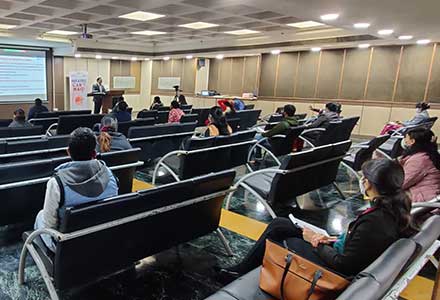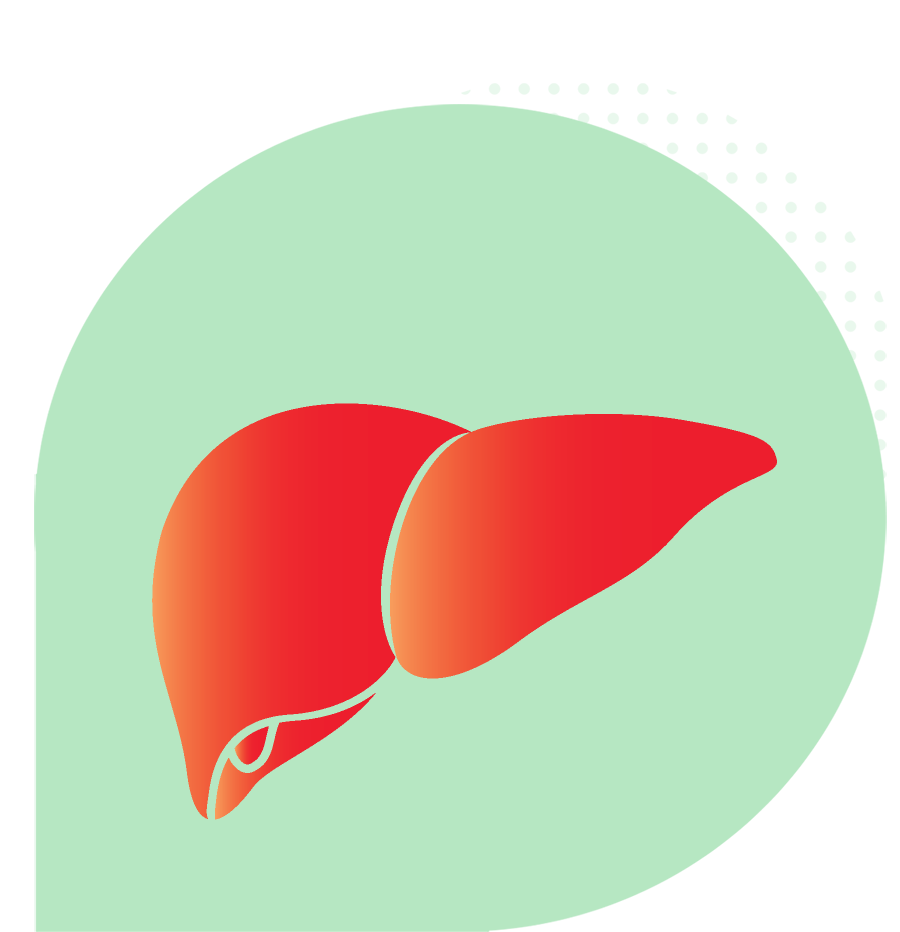Viral Hepatitis is a recognized public health problem worldwide, resulting in 1.4 million annual deaths. Nearly 240 million cases of Hepatitis B and 130-150 million cases of hepatitis C contributes to the disease burden globally. India accounts for 15.3% of the global burden with to approximately 40 million cases of hepatitis B and 6-12 million cases of hepatitis C. Healthcare workers (HCWs) are highly prone to blood-borne infections from patients due to close contact while treatment. Despite the availability of safe and effective vaccine against HBV, less than 50% of the HCWs are found to be fully vaccinated and among them considerable population of HCW has low anti-HBs titre levels. Negligence has been reported as the most common reason for not getting vaccinated against HBV, indicating unawareness about the severity of the disease can potentially predispose the HCWs to higher risk of HBV and HCV.
The above can only be achieved by building capacity in the existing healthcare delivery system by imparting knowledge of screening, diagnosis, prevention and treatment of viral hepatitis amongst healthcare providers. It is being felt that the knowledge of viral hepatitis, especially B and C is necessary for our doctors, nurses and lab technicians for better discharge of their duties to protect the patients and themselves from these infections.
Project PRAKASH was initiated in August 2017 with an aim to increase the knowledge of health care professionals and to better train them in treating patients with viral hepatitis and to protect themselves from getting infected due to occupational hazard.
The program is divided in to two components:
Several studies have indicated that the risk of transmission of HBV and HCV is 4 times higher amongst healthcare professionals in comparison to the general public. Every year lakhs of positive cases of healthcare workers acquiring HBV & HCV infection are registered due to percutaneous injuries encountered due to occupational exposures. This happens because healthcare workers are at the forefront of patient management. An uninformed healthcare provider can lead to poor management of HBV and HCV patients and also exposes themselves to occupational exposures like needle stick injury, bio-medical waste etc.
The training program was designed to emphasis on updating the in-service healthcare workers on all aspects of diagnosis, prevention and management of viral hepatitis including major emphasis on universal precautions guidelines for HCWs safety from viral hepatitis infection caused due to percutaneous injuries.
A day long or two half day programs are conducted on regular basis for:

There are many other complications associated with viral hepatitis. In addition to the overview taught in HIP, an advanced program was conceptualised for different categories of healthcare workers.
HUP has been conceptualised with an to provide a continue learning program to track the progress made on the training imparted through HIP and to create a model towards a continued and advanced training on viral hepatitis and other liver ailments.



Call us now

Drop us an email

Monday to Saturday
